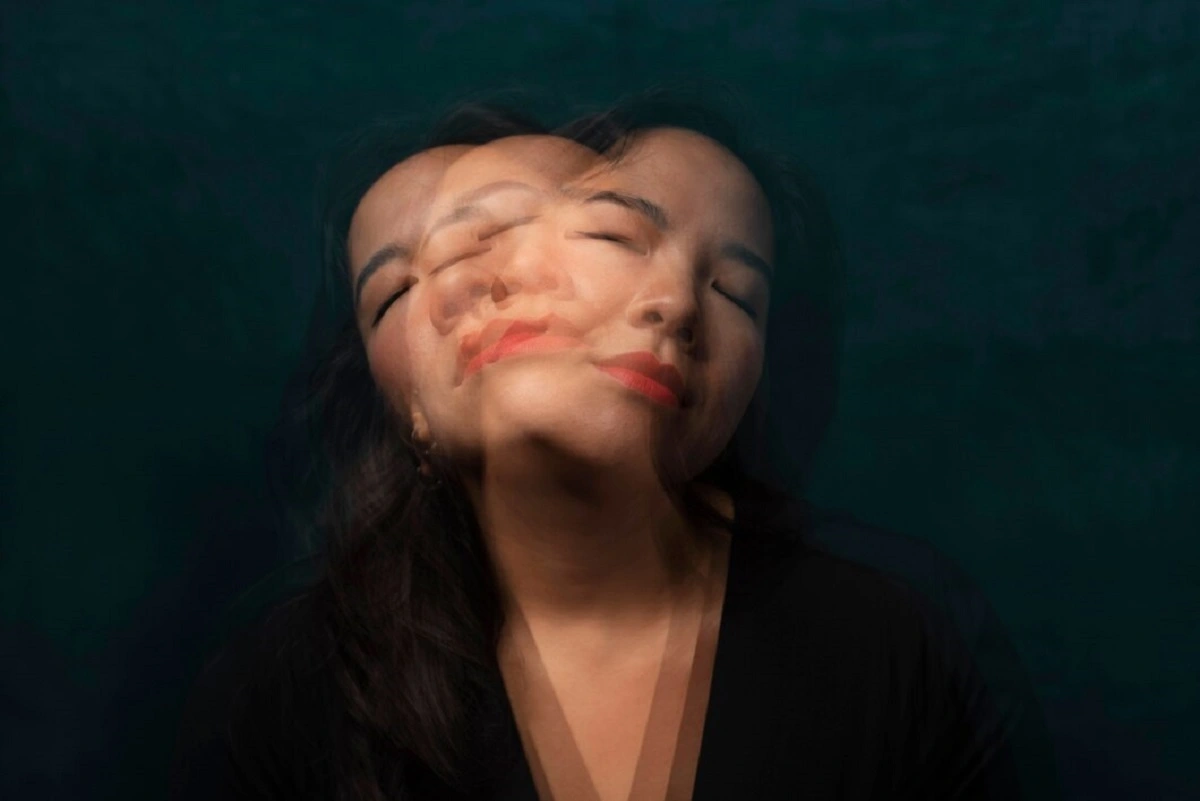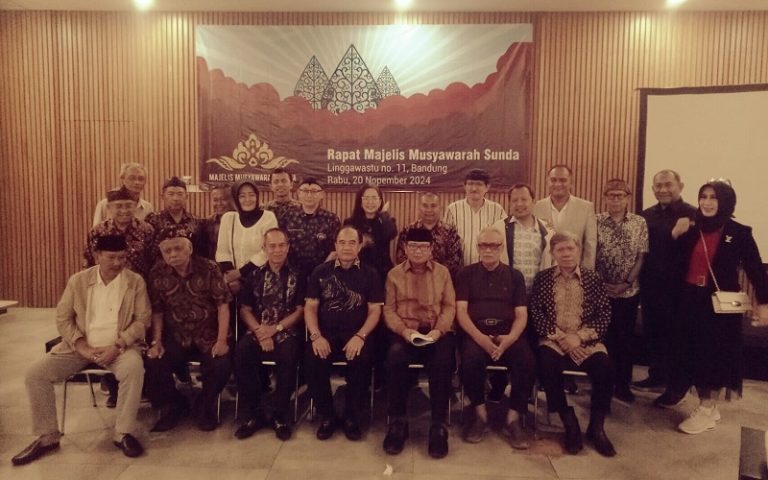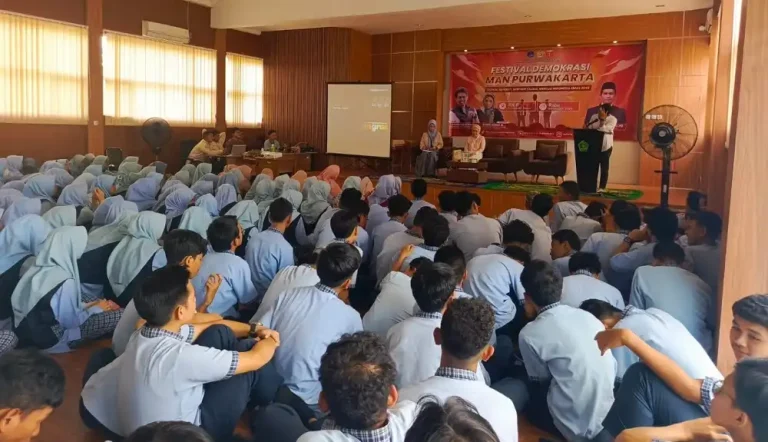The tweet received hundreds of responses from netizens who shared similar concerns about the persistent gender bias in political discourse, particularly when the criticism comes from women.

Meanwhile, in another corner of Purwakarta, Monna, a female journalist, observed this phenomenon with deep concern. With a cup of coffee in front of her, she shared her thoughts on the sexist comments directed at Shela.
“This is a clear reflection of the fear of women who have a voice,” she said firmly.
“When women stand up and speak out—especially in male-dominated spaces—there is a systematic effort to demean them and divert attention from the substance of their arguments. The ‘just get married’ comment is a way to push women back into the domestic sphere, as if the public space is not meant for them,” she continued when met at the KP3 secretariat.
Monna tapped her fingers on the table as she explained that women’s presence in demonstrations and politics always comes with layered challenges. Not only do they face reactions from those they criticize, but they also have to fight against the social stigma that binds them.
“The gender equality movement has opened more opportunities for women to participate actively in politics and express their opinions. However, comments like ‘just get married’ show that the struggle is far from over,” she said, her gaze drifting into the distance.
Women and Democracy
In his office, filled with stacks of critical and minority voices from the people of Purwakarta, Agus M. Yasin, a social and political observer, explains this phenomenon in detail. He occasionally adjusts his glasses while pointing out the patterns of gender-based attacks that frequently emerge in public discussions.
“Instead of responding to criticism with relevant arguments, some people choose to attack women’s identity and social status, as if their role is limited to domestic life,” he explains while presenting several similar cases.
According to him, remarks like ‘just get married’ are not merely spontaneous statements but rather a systematic strategy to delegitimize women’s voices and push them back into restricted traditional roles.
“When women start to claim space and speak up, there are efforts to pressure them back into traditional roles. This is a way to divert the conversation from the real issue and undermine women,” he says with a concerned tone.
Agus Yasin emphasizes that in any public discussion, whether in the real world or online, the focus should be on the substance of the criticism, not on the identity of the speaker.
“When we start attacking individuals, especially based on gender, it reveals a weakness in argumentation,” he asserts firmly.
With eyes gleaming with passion, he stresses that women have the same rights to voice their opinions in a democracy.
“Women have the right to express their views and participate in politics. Such sexist remarks not only degrade women but also harm democracy,” he concludes with conviction.
Regulations and Hopes for Change
In Bandung City, within the chambers of Commission V of the Local People’s Representative Council (DPRD) West Java Province, Zaini Shofari sat calmly, listening to a report from a Jabarnews.com journalist about the case of sexist comments experienced by Shela. As a legislator concerned with gender equality issues, he shared his perspective.
“We have long been familiar with the patriarchal world. Often, the roles of men and women are differentiated solely based on social constructs. However, in public spaces, there should no longer be any fundamental differences between them,” said Zaini, while pointing out several regulations that have been enacted to support gender equality.
He explained concisely that various regulations have opened opportunities for women to participate more broadly in the public sector, including the 30 percent quota policy for women in elections. He also highlighted how institutions such as the National Human Rights Commission and the Indonesian Child Protection Commission have placed women in strategic positions.
Zaini then opened the West Java Regional Regulation (Perda) No. 2 of 2023 on Women’s Empowerment and Protection. With his finger pointing to the relevant articles, he emphasized the importance of educating the public to eliminate stereotypes against women.
“We must continue to educate so that women are no longer seen as commercial objects. The patriarchal culture is still deeply rooted in society, and this needs to change through a more moderate and balanced approach,” he asserted with hope.
Regarding the protection of women and children in the region, Zaini also pointed out the absence of the Indonesian Child Protection Commission (KPAI) in West Java. According to him, the existence of this institution is crucial to prevent and handle cases of violence, including bullying and sexual exploitation.



